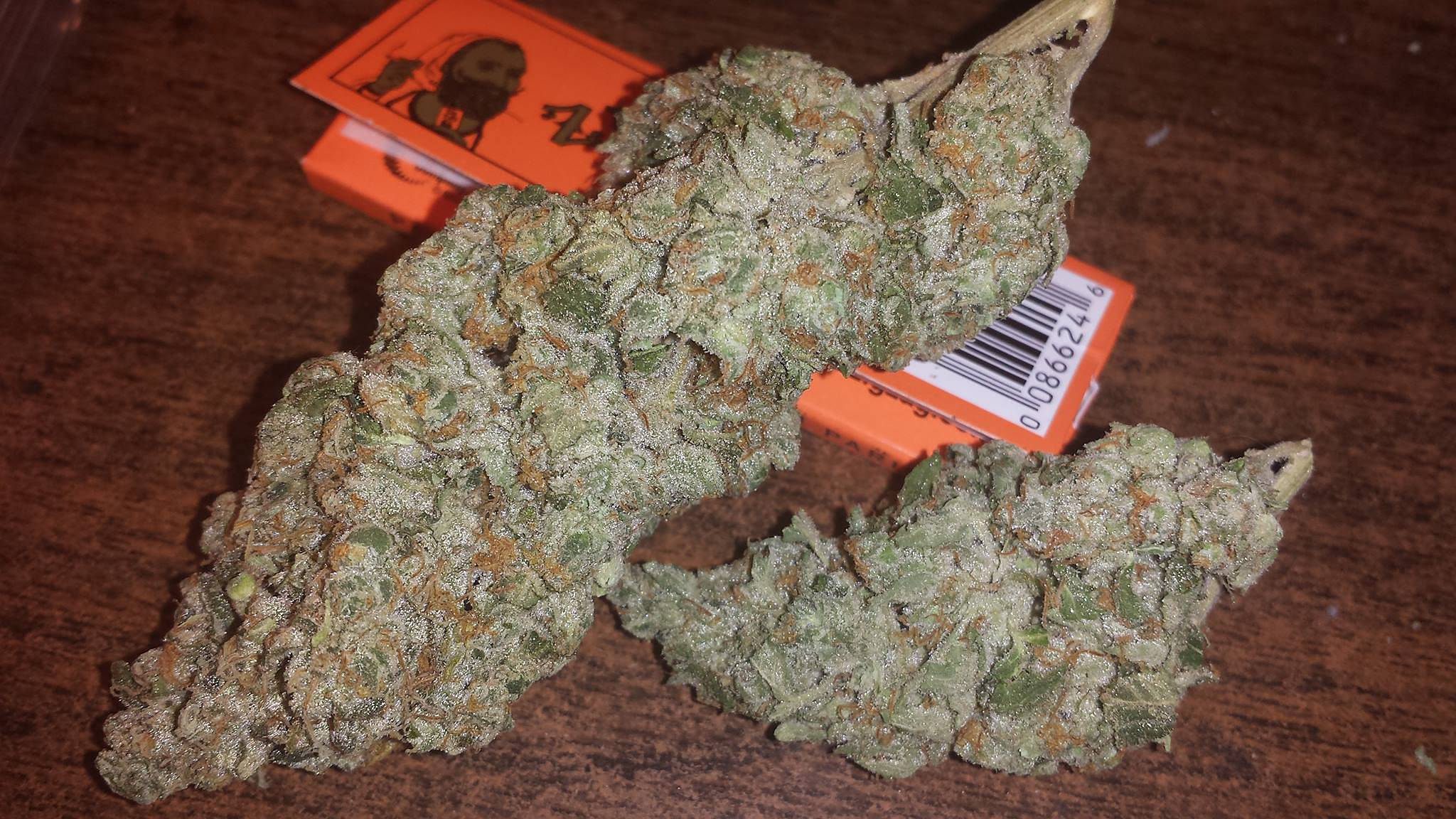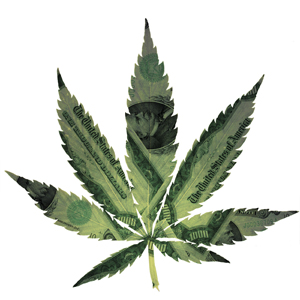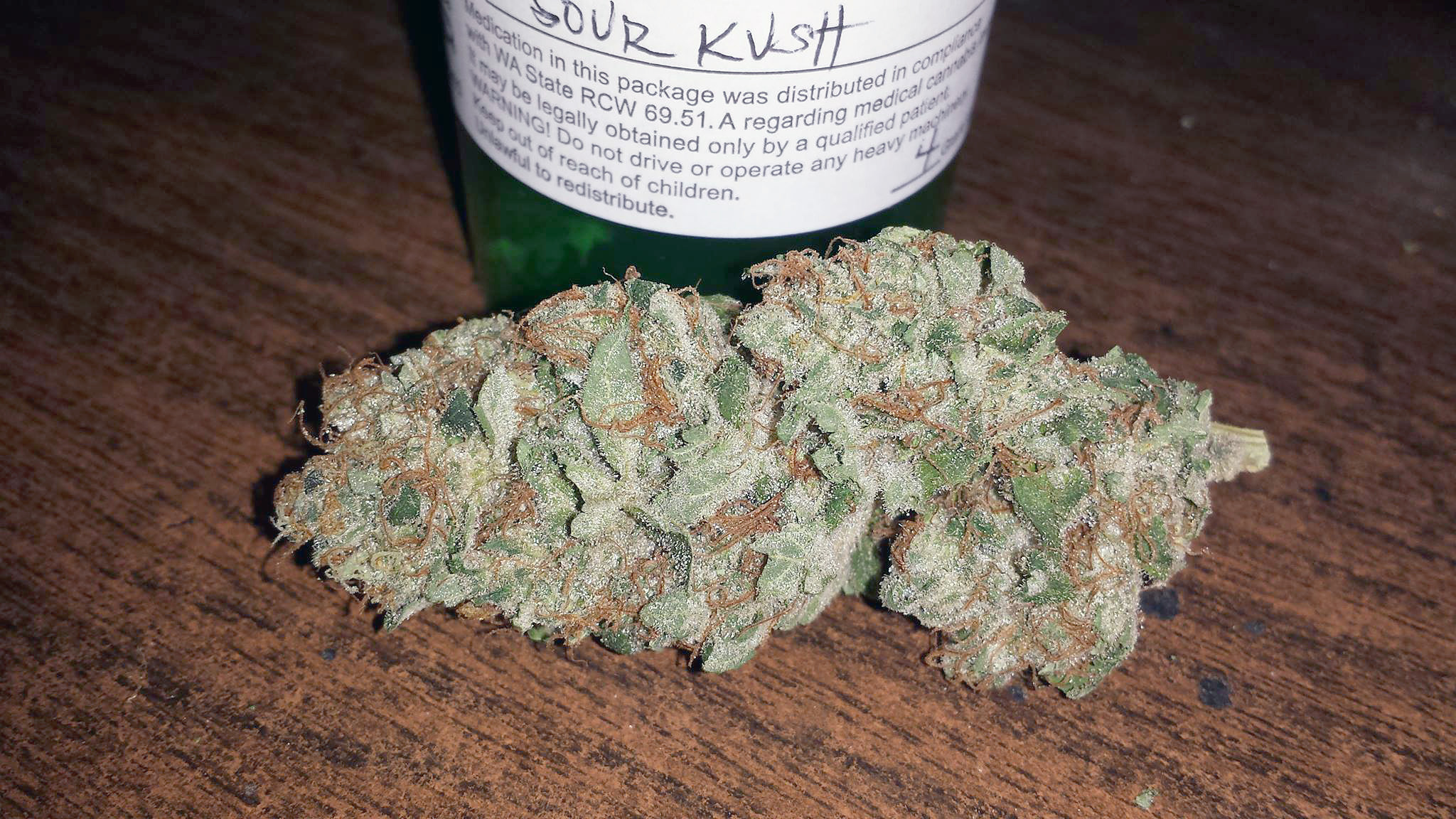Through the bruising I-502 debate last fall, those who suggested the cannabis-legalization initiative was deeply flawed were brushed aside as naysayers and paranoiacs. One of those flaws—an arbitrary, unscientific marijuana DUI cut-off blood level of five nanograms per milliliter—is now impacting enforcement statewide.
When voters last year approved I-502, you see, they didn’t just legalize an ounce for adults, and authorize state-licensed stores to sell it to them. They also approved a strict law against driving under the influence of cannabis, written into the language of 502.
Law enforcement themselves now admit they are giving a lot more blood tests for marijuana since I-502 passed—no wonder, because the new law gave them a “bright line” over which drivers are found guilty of “driving under the influence” of cannabis.
Until the passage of 502, officers had to prove actual impairment if a driver fought his or her DUI marijuana case in court. They don’t have to prove impairment anymore; now they just have to prove your blood THC level was 5 ng/ml or more.
Many heavy cannabis users, such as medical-marijuana patients, wake up in the morning unimpaired but with active THC blood levels already in excess of 5 ng/ml—thus are never technically legal to drive.
I-502 apologists last fall advanced the theory that officers wouldn’t really enforce the marijuana/DUI portion of the law unless people were “really impaired.” (It’s never a good idea to assume cops won’t enforce the law.)
“More drivers have been testing positive for marijuana” since Washington legalized last year, according to the State Patrol’s new figures. But that doesn’t mean that legalization caused a sudden rash of driving while high, according to WSP spokesman Bob Calkins. Troopers are now “looking harder” for drivers who have been smoking marijuana. “We’re testing blood that we didn’t test before,” Calkins says.
In the first six months of 2013, 745 drivers tested positive for marijuana, according to the State Patrol crime lab. Since there are typically around 1,000 positive pot tests on drivers in a full year, that means cannabis DUI testing has gone up close to 50 percent. Of those 745 drivers, only a slight majority—420 (yes, that’s really the number)—tested above the legal limit and were ticketed. (Driving under the influence of marijuana is generally charged as a gross misdemeanor, punishable by up to a year in jail. Offenders must serve at least one day in jail for a first offense.)
When you give law enforcement a shiny new tool like this—a brand-new way to hand out quite-profitable DUI tickets—it’s not very smart to assume it won’t be utilized. That’s just one of the reasons it was so cringeworthy last May when local activist Ben Livingston, in a move uncomfortably reminiscent of President Bush’s infamous “Mission Accomplished” battleship speech, emotionally declared victory at a pot rally at Westlake Park. (If you enjoy celebrating your newfound “freedom” by being herded behind a double-chain-link fence to toke up, don’t miss Livingston’s party at Seattle Center on Dec. 6.)
tokesignals@seattleweekly.com
Steve Elliott edits Toke Signals, tokesignals.com, an irreverent, independent blog of cannabis news, views, and information.








